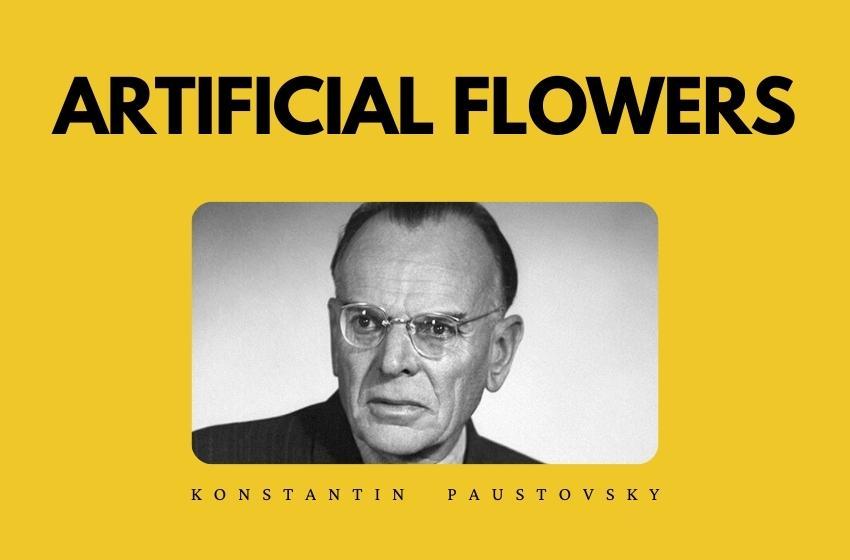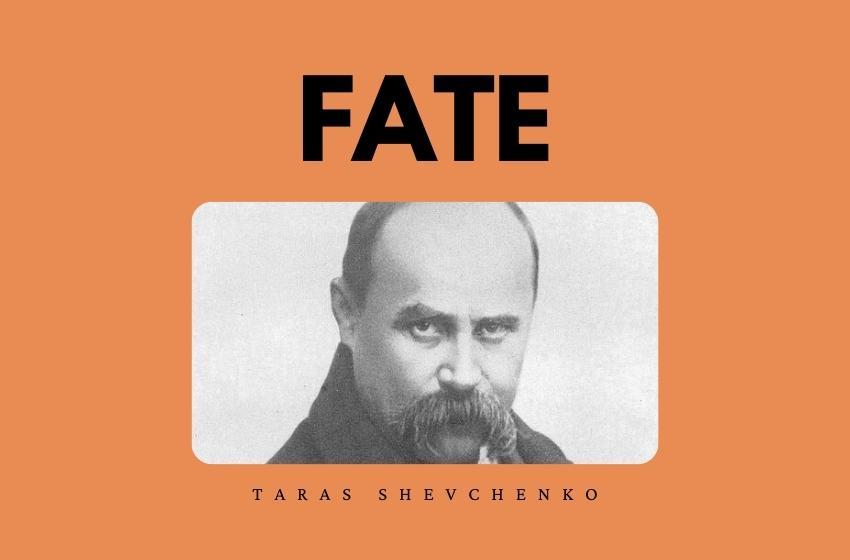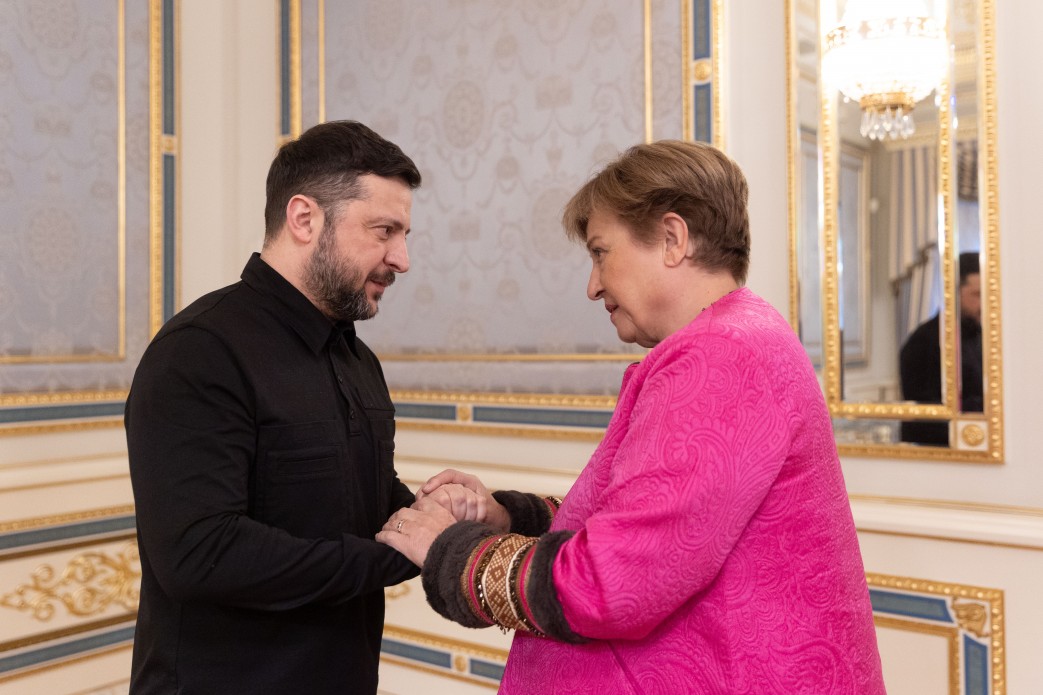Paustovsky Konstantin is a famous writer and screenwriter; many are familiar with his work from stories and stories about nature, about which he wrote with incredible beauty and tenderness. Thanks to numerous travels around the world, his books are filled with a certain charm, they feel the experiences and emotions of the author that he experienced at one time or another in his life.
Often when my thoughts turn to creative writing I ask myself: "How and when does the urge to write originate? What first makes the writer pick up his pen and not put it down to the end of his days?"
It is hardest of all to recall when the urge to write first comes. I imagine that writing begins as a state of mind and that the urge to write is there long before one covers reams of paper with writing. To trace it to its source, perhaps, one should go back to one's childhood.
The world as we see it in our childhood is quite different from that of our mature years. Can one deny that the sun is most brilliant, the grass greenest, the sky bluest and each man a most marvellous being in our childhood? Each man is moreover a mysterious being—whether it is the carpenter with his clever tools and his smell of raw shavings or a scholar ready to explain why grass is green.
From our childhood we inherit the great gift of being fascinated by the world around us. He who retains this gift in later life is sure to become a poet or a writer, the difference between the two in the final analysis being not so great. Always to be finding' novelty in everything is splendid soil for art to thrive and mature.
When I was at school I wrote poetry, like most boys, I suppose. And I wrote so much of it that at the end of each month I filled a thick note-book with my verses. The verses were bad; they were pretentious, ornate and "pretty." I can't even remember any of them now except for a line here and there, as for example:
Oh gather the flowers on stems drooping meekly!
In the fields rain is pattering bleakly,
And the winds to the sunset the dead leaves are blowing,
Dusky-red in the autumn skies glowing …
The more I wrote in my early youth, the more flowery my language grew. Often the lines were quite senseless.
For Saadi, the loved, sorrow glistens with opals,
On the pages of wearisome days…
For example, why sorrow should "glisten with opals" I cannot explain to this day. Most of the time I was, of course, merely carried away by the sound combinations of words and concerned myself not at all with the meaning.
It is interesting that many of my early poems were about the sea, of which in those days I had a very vague conception. I had in mind no definite sea; it was neither the Black, the Baltic, nor the Mediterranean Sea I devoted my poems to, but the sea of my imagination. I saw it as a glittering patchwork of colour, a great overstatement of everything I felt. Time and geographical entities had no place in what I wrote. To me the entire globe was then wrapped in romance as by thick layers of atmosphere. But the sea was the queen of romance—the foamy, rippling sea—home of winged vessels and seafarers bold, its ports teeming with carefree throngs, and moving among them olive-skinned ladies of exquisite beauty caught in whirlpools of passion. That was how I thought of the sea in the romantic years of my youth.
As I grew older my verse became less ornamental and gradually less romantic. But, to tell the truth, I've never regretted the hold romance had over me in my youth. That is the time when romance is in our bones. Everything stirs our imagination, from the exotic beauty of the tropics to the glory of Civil War battles. Romance gives life that uncommon glow which is meat and drink to every young and imaginative creature. It is good to remember Diderot's words about art: Art is that which finds the uncommon in the commonplace and the commonplace in the uncommon.
In his imagination every youngster sees himself besieging ancient castles, fighting for his life on a sinking vessel with its sails torn to shreds in the Strait of Magellan or near Novaya Zemlya, speeding down the steppes beyond the Ural Mountains in a machine-gun cart by the side of Chapayev, seeking the treasure hidden away by Stevenson on his mysterious island, hearing the flutter of the standards in the Battle of Borodino, or helping Mowgli in the trackless jungles of India.
Whenever I stay in the country (which is quite often) I take delight in watching the village children play their games. And what I notice is that they are always going on long sea voyages on rafts (in the village there is a shallow lake), taking flights to the stars, or discovering new lands. Once I remember some of the neighbouring children having discovered a "new land" in the meadows and giving it a very romantic name. What they had actually come upon was an out-of-the-way lake with so many little creeks, and so overgrown with bulrush and reeds that it resembled a patch of elevated country.
I did not shed the romance of my youth all at once. It lingered in my heart like the fragrance of lilacs in summer. It lent a glow to Kiev, a city I knew so well that I was even getting a little weary of it. It made me admire the golden sunsets that blazed in its gardens. Beyond the Dnieper I watched the lightning streak its dark skies and saw there in my mind's eye a land, stormy and sultry, filled with the ripply rustling of leaves. In spring the chestnut trees dropped their creamy blossoms with red-dotted petals upon the city. And there were so many of these blossoms that when it rained they checked the flow of the water, virtually turning some of the streets into small lakes. After rain the blue bowl of Kiev's sky gleamed with the colour of moonstone. And then the following lines came back to me with unexpected force:
Spring's magic reigns, with sweet caress,
With starlit skies unfurled,
You brought me word of happiness
In this, our futile world…
It was at this time that I first began to think of love. I was at the age when all girls seemed beautiful to me. I was conscious of their presence everywhere, in the streets, in the gardens, in the trams. A coy glance in my direction, a whiff of fragrance from girlish locks, a row of gleaming teeth revealed through half-open lips, the glimpse of a delicately moulded knee under wind-blown skirts, a touch of cool fingers—all stirred me deeply, filling me with mysterious longings, and I knew that sooner or later love would come my way.
The writing of verses and these vague longings filled the greater part of my youth, which was by no means happy.
Soon I gave up writing verses because I realized that I had been producing rubbish—pretty artificial flowers with a saccharine sweetness.
I turned to short story writing. My first attempt in this field has a history of its own.
1955
Translated by Susanna Rosenberg





















